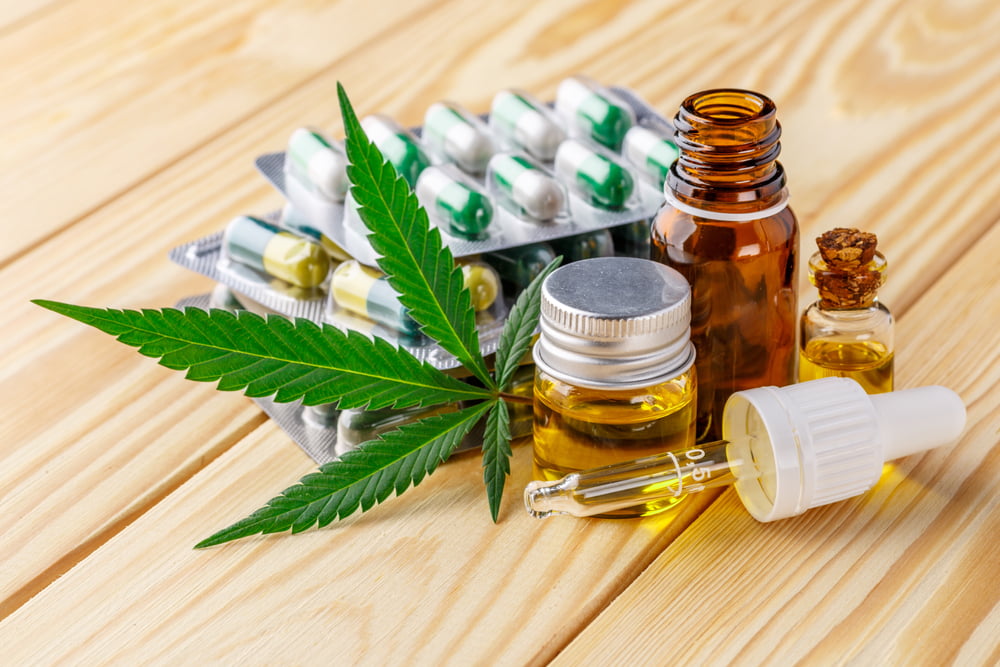In the second quarter of the year, Morocco made history by lawfully exporting a quintal of resin with less than 1% THC to Switzerland. This marked the first time the country has legally exported cannabis grown on its own soil.
This export, which is valued at between 1,400 and 1,800 euros per kilogramme, has generated a lot of attention in the local media despite its symbolic size, indicating the aspirations of Moroccan private players.
Nearly 200 businesses have entered the Moroccan cannabis market since the 2021 law allowing its use for industrial, medicinal, and medical reasons was passed. As a result, the nation presents itself as a fresh participant in the global therapeutic cannabis industry, which Insight Partners, an American investment firm, estimates will be worth over $50 billion by 2028.
Assuming Morocco attains a 10% to 15% market share in Europe, the Moroccan Federation of Pharmaceutical Industry and Innovation (FMIIP) projects 4.2 to 6.3 billion dirhams (about 400 to 600 million euros) in annual sales in the next four years. The presidency of FMIIP depends on the wave of legalisations that have occurred inside the European Union, where 21 of the 27 member nations have approved medicinal cannabis use.
About fifteen high-THC cannabis-based medicines have been produced by the pharmaceutical lab Sothema, which had a 230 million euro sales in 2023. These products are intended to treat ailments including multiple sclerosis, epilepsy, and cancer. The head of the Axess Pharma subsidiary, Khalid El-Attaoui, is an expert in anti-cancer medications and intends to bring them to market by 2025.
Morocco and a number of European nations, such as Denmark, Germany, Switzerland, Italy, and France, which have approved medicinal marijuana on an experimental basis, are the primary target markets. Khalid El-Attaoui is confident despite the regulatory obstacles that still need to be cleared, highlighting the laboratory’s established production procedures and excellent agricultural standards.
Source: Le Monde



